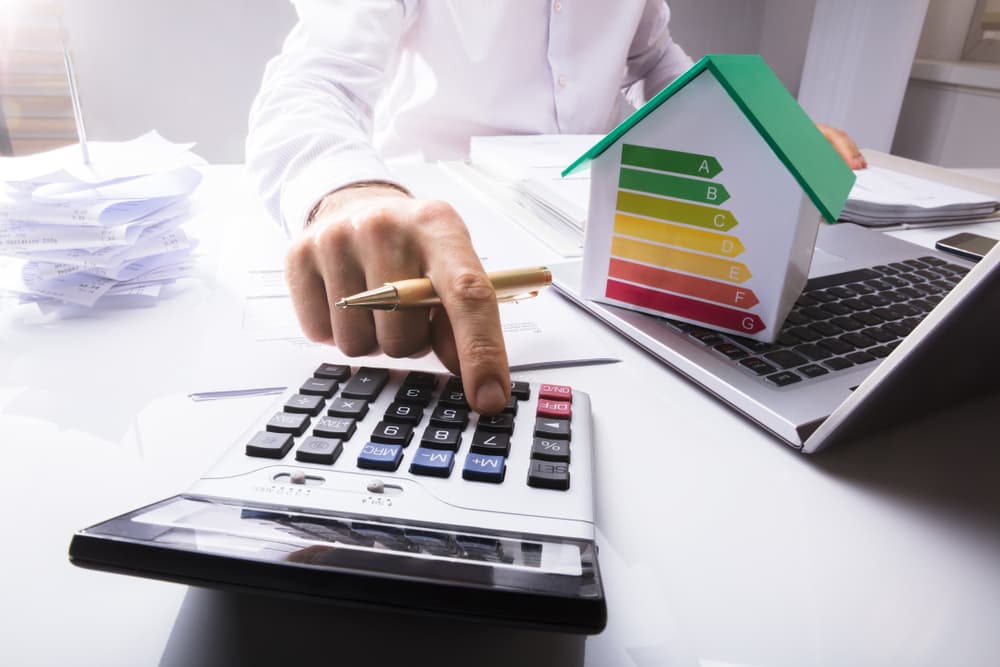Thinking CSRD regulations impacts only large organisations could cost businesses in the supply chain dearly. It’s time to be prepared, urges John Cradden.
As a small business owner, you might have read enough about the forthcoming CSRD (Corporate Sustainability Reporting Directive) to conclude that it’s not something you have to worry too much about.
In some ways you’re probably right, but in other ways you could be badly wrong. In fact, in years to come, it might be another case of “coulda, woulda, shoulda” with SMEs who choose to take no action.
“You’re in scope because they’re in scope”
In a nutshell, CSRD is due to take effect in phases from January 1, 2024, when large group companies with over 500 employees or net turnover above €40m will be required to report on their sustainability efforts.
By 2025, such businesses with 250 staff or more, a turnover of €40m or total assets amounting to €20m will come under the regulations.
By 2026, listed SMEs with between 50 and 250 employees, a turnover of at least €8m or assets worth at least €4mwill be obliged to report on this information – although, in this case, the reporting requirements will not be as onerous as they are for large firms.
So if your SME is not publicly listed, then CSRD doesn’t apply to you – at least in any strict legal compliance sense.
Keep your place in the supply chain
However, because you are likely to be dealing with partners in your supply chain or value chain who do have to comply with CSRD rules, it makes sense to do as much as you can to help them on their sustainability journey.
Indeed, these firms will have to ask SME suppliers, distributors and partners to provide supporting data in order to help them comply with the overall requirements. To borrow a phrase coined by Chartered Accountants Ireland about CSRD as it applies to SMEs: “you’re in scope because they’re in scope”.
Furthermore, it’s an strong indication that many SMEs are already mindful of the impact CSRD may have on their businesses that the European Commission has proposed developing separate standards that non-listed SMEs could voluntarily use. These standards, recently developed by the European Financial Reporting Advisory Group (EFRAG), would be scaled to fit SMEs’ capabilities and would make it easier for SMEs to report information to banks, clients, and investors – enabling them to play their role in the transition to a sustainable economy.
The EFRAG standards still follow the principle of ‘double materiality’, which refers to two dimensions of materiality that underpin the ESRS (European Sustainability Reporting Standards):
- Impact materiality: how a company’s actions impact on people, the economy and the environment
- Financial materiality: the impact of sustainability issues on a company’s financial performance and future viability
So as participants in the value or supply chains of larger companies reporting under the CSRD, what can SMEs do to prepare themselves?
1. Start the conversation
Start engaging with clients who are obliged by the CSRD to report on their sustainability efforts, and find out what information they need under ESRS.
2. Review your processes and systems
Finding the right and appropriate data for your clients to assist with their reporting requirements may call for an assessment of your systems and processes to make them straightforward and reduce demands on time and effort. There are lots of sustainability reporting tools and frameworks available that can help streamline your data collection, analysis, and reporting.
3. Incorporate ESG into your business model
The extent to which you have to supply data to your clients to help them tick the sustainability box may be the kicking-off point to incorporating ESG into your business model and thus ensure your long-term business viability and profitability. Being ESG-complaint will help you become the supplier or distributor of choice for larger companies as sustainability reporting requirements strengthen in the years to come.
4. Educate staff and shareholders
Your employees will be the frontline for engaging with clients who need to report as well as any efforts to incorporate sustainability reporting internally, so educate and – where appropriate – arrange training in any new processes that are required. Similarly, make sure all your other stakeholders, including shareholders, other non-reporting clients, are on board with your initiatives and be able to explain why you’re taking sustainability reporting seriously.
5. Take up supports
There is a huge range of government supports for SMEs who want to begin their sustainability journey, such as Enterprise Ireland’s Green Transition Fund and the government’s Climate Toolkit 4 Business. Check out the Citizens Information page for more.
-
Bank of Ireland is welcoming new customers every day – funding investments, working capital and expansions across multiple sectors. To learn more, click here





